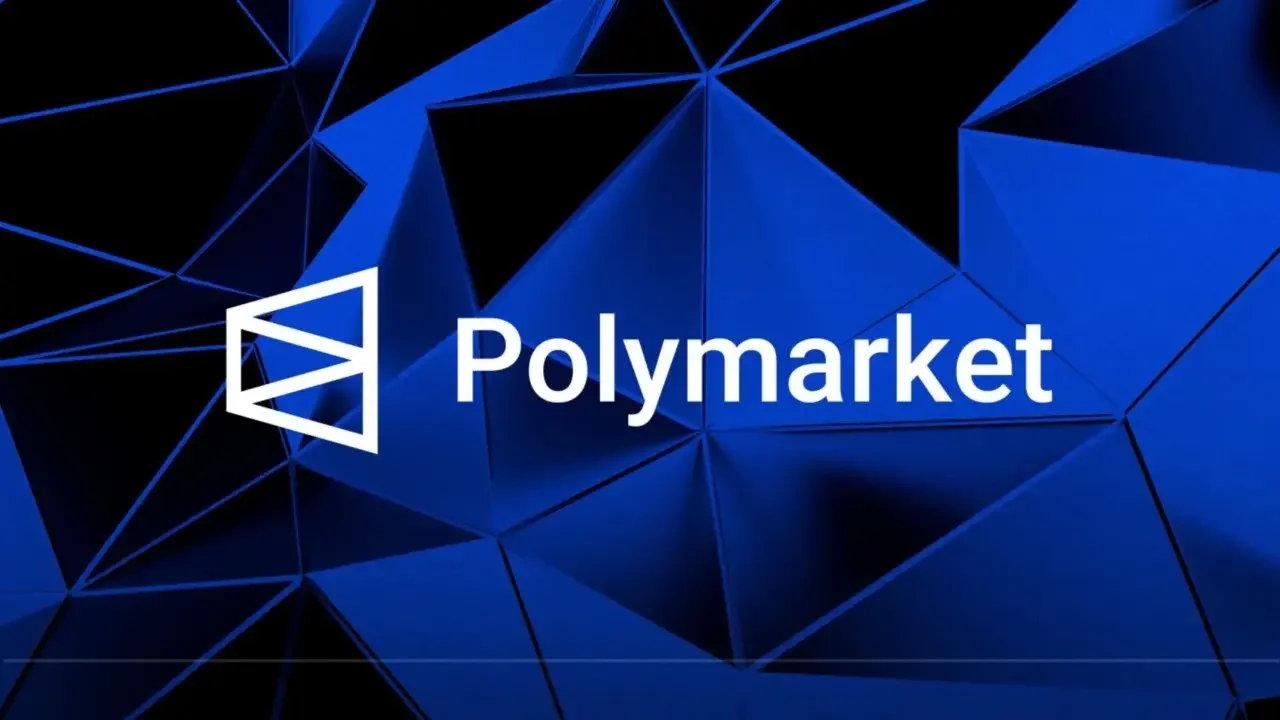Concerns Rise Over Fake Volume on Polymarket as Token Launch Looms
31.10.2024 21:30 2 min. read Alexander Stefanov
Polymarket, a popular prediction market, is facing allegations of widespread wash trading, a form of market manipulation where the same individual acts as both buyer and seller in trades.
A recent Fortune report cites analyses from blockchain firms suggesting that around one-third of the trading volume on Polymarket’s presidential market may be due to wash trading, which is illegal in traditional finance due to its potential to misrepresent market demand and pricing.
A representative from Polymarket responded to the accusations by emphasizing the platform’s transparency. They noted that taking positions on both sides of a market isn’t uncommon and is not inherently problematic. Polymarket maintains that it prohibits any form of market manipulation in its terms of service.
The report also speculates that these wash trades might be linked to potential plans for Polymarket to issue its own token, with wash trading often used to qualify for token giveaways—a practice known as “airdrop farming.” Prominent crypto investor Nic Carter suggested that this airdrop farming is a more plausible motive than any political agenda related to upcoming elections.
Currently, Polymarket does not charge trading fees, which could otherwise deter frequent buying and selling. Flip Pidot, a seasoned trader in prediction markets, expressed skepticism about the claims in the Fortune article, particularly regarding its characterization of how Polymarket calculates trade volume.
While the wash trading allegations contrast with a previous narrative about a “whale” trader allegedly trying to manipulate Trump’s odds in the presidential race, market experts have indicated that the trading behavior observed seems more strategic than an attempt to artificially inflate prices.
-
1
Robinhood Faces Scrutiny from European Bank Over Tokenized Stock Offerings
08.07.2025 12:10 2 min. read -
2
At Least Five Law Firms Target Former Strategy Over Misleading BTC Risk Disclosures
28.06.2025 10:30 2 min. read -
3
Weekly Recap: Key Shifts and Milestones Across the Crypto Ecosystem
06.07.2025 17:00 4 min. read -
4
Binance Could Introduce Golden Visa Option for BNB Investors Inspired by TON
07.07.2025 8:00 1 min. read -
5
Trump Imposes 50% Tariff on Brazil: Political Tensions and Censorship at the Center
10.07.2025 7:00 2 min. read
CoinShares Becomes First MiCA-Authorized Crypto Asset Manager in Europe
CoinShares, Europe’s top digital asset investment firm with over $9 billion in AUM, has secured full authorisation under the EU’s new Markets in Crypto-Assets (MiCA) regulation.
Fear & Greed Index Climbs to 70 as Altcoin Rotation Nears
The crypto market is entering a more bullish phase as sentiment pushes into “Greed” territory.
Stablecoins Now Used in Credit Cards, Putting Bank Deposits at Risk
Stablecoins are no longer just a crypto-native tool—they’re reshaping financial access, payments, and even central banking dynamics.
BitGo Files Confidentially for IPO With SEC
BitGo Holdings, Inc. has taken a key step toward becoming a publicly traded company by confidentially submitting a draft registration statement on Form S-1 to the U.S. Securities and Exchange Commission (SEC).
-
1
Robinhood Faces Scrutiny from European Bank Over Tokenized Stock Offerings
08.07.2025 12:10 2 min. read -
2
At Least Five Law Firms Target Former Strategy Over Misleading BTC Risk Disclosures
28.06.2025 10:30 2 min. read -
3
Weekly Recap: Key Shifts and Milestones Across the Crypto Ecosystem
06.07.2025 17:00 4 min. read -
4
Binance Could Introduce Golden Visa Option for BNB Investors Inspired by TON
07.07.2025 8:00 1 min. read -
5
Trump Imposes 50% Tariff on Brazil: Political Tensions and Censorship at the Center
10.07.2025 7:00 2 min. read


